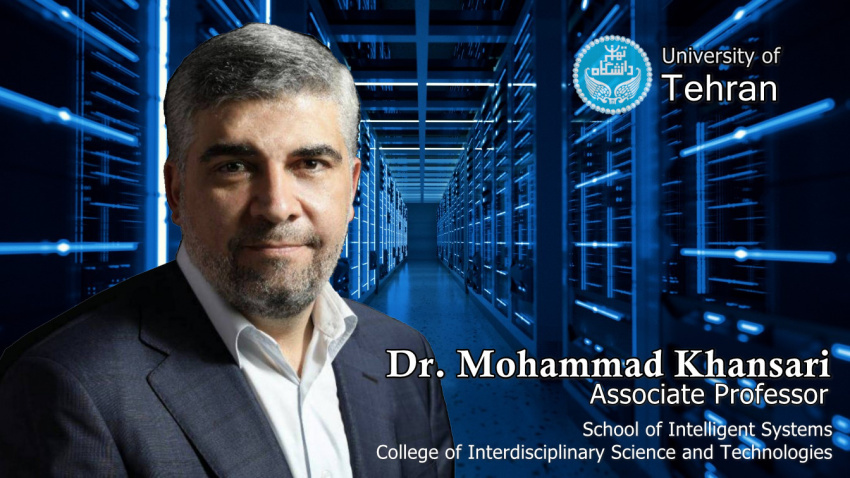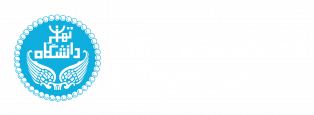The Role of Data-Driven Intelligence and Decision-Making in Organizational Transformation

In recent years, data-driven intelligence and decision-making have emerged as critical drivers of innovation in information technology and digital transformation. These approaches not only enhance the quality and efficiency of organizational services but also contribute significantly to transparency, error reduction, and public trust. As organizations increasingly embrace digital strategies, the integration of data-centric methodologies has proven essential for modern governance and service delivery.
Dr. Mohammad Khansari, a faculty member at the Faculty of Intelligent Systems, University of Tehran, recently elaborated on the practical implications of data-driven intelligence in an interview with the university’s Vice Presidency for Research and Technology. Drawing from both research and practice, Dr. Khansari examined the transformative potential of data in reshaping public institutions.
A notable example he cited is the Imam Khomeini Relief Committee’s successful journey toward digital transformation. Guided by strategic consultation from the University of Tehran, the organization advanced from 116th place in 2021 to second place in 2023 in the national e-government performance rankings. This transformation was achieved through the strategic utilization of verified national data sources, the implementation of electronic authentication systems, and the deployment of intelligent digital platforms. According to Dr. Khansari, these initiatives enabled the organization to deliver targeted and efficient electronic services to beneficiaries. The shift not only improved the accuracy of identifying individuals in need but also minimized human error, enhanced transparency in the distribution of aid, and strengthened the organization’s credibility among donors and stakeholders.
Another compelling example of data-driven governance in Iran is the integrated COVID-19 management system. During the pandemic, the Iranian government established a unified data infrastructure to consolidate test results from laboratories nationwide. This data was leveraged in real time to inform critical decisions across hospitals, airports, and transportation hubs, significantly aiding in the containment of the virus. The system’s ability to provide real-time health status updates for travelers exemplifies the practical value of integrated data systems in crisis management.
Dr. Khansari also underscored the pivotal role of government policy in enabling data exchange and digital governance. He referenced the enactment of the (National Data and Information Management Law) in 2022, which provides a legal framework for data ownership, sharing, and secure access. He emphasized that cultivating a data-driven culture among senior policymakers and organizational leaders is vital to the effective implementation of this legislation. Moreover, he highlighted the necessity of robust collaboration between the public and private sectors. When legally regulated access to government data is granted, private entities can develop services that are more innovative, responsive, and transparent.
Despite these advancements, Dr. Khansari acknowledged that Iran continues to trail behind in several key global indices related to digital transformation. However, he expressed optimism about the future, emphasizing that full implementation of existing legislative and strategic frameworks, particularly the National Data and Information Management Law and the Seventh Development Plan, could substantially accelerate progress. Areas such as digital citizen engagement, infrastructure standardization, and artificial intelligence integration hold particular promise. With sustained political will, strategic planning, and public-private cooperation, he concluded, Iran is well-positioned to make significant strides toward achieving digital maturity and global competitiveness.

Your Comment :